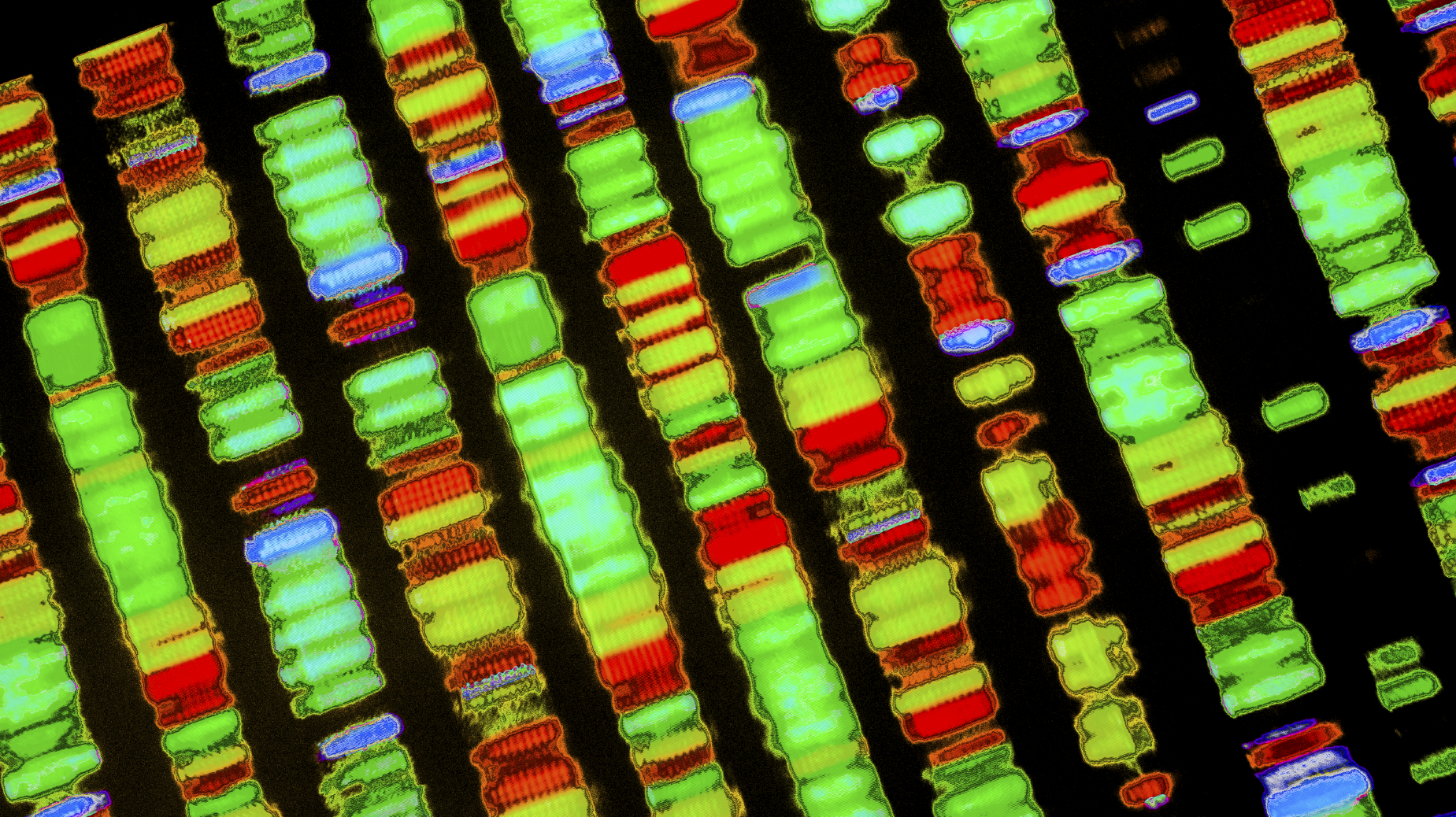After epilepsy setback, Zogenix buys Modis and rare disease drug for $400m

Zogenix has bounced back from the FDA’s rejection of its only drug, with the acquisition of Modis Therapeutics and a developmental rare disease drug that has already been championed by regulators in the US and Europe.
The California biotech has agreed to buy privately-held Modis in a deal worth up to $400 million plus royalties if the drug makes it to market in the US and Europe.
Buying Modis will add MT1621 to Zogenix’s pipeline, an investigational drug for thymidine kinase 2 deficiency (TK2d), an inherited mitochondrial DNA depletion disorder that affects children and is often fatal.
MT1621, a deoxynucleoside substrate enhancement therapy, has received Breakthrough Therapy designation from the FDA, and has been earmarked as a Priority Medicine (PRIME) by the European Medicines Agency (EMA).
Modis will receive $250 million up front, comprised of $175 million cash and $75 million in Zogenix common stock.
Modis could receive milestone payments consisting of $100 million upon approval of MT162 by the FDA and $50 million upon approval by the European Medicines Agency. Zogenix will also pay a 5% royalty on any future net sales of MT1621.
Zogenix’s other drug candidate for a rare kind of childhood epilepsy is facing a delay after the FDA refused in April to accept a filing, asking for toxicology data.
The FDA has two issues with Fintepla (low-dose fenfluramine) for Dravet Syndrome – some incorrectly tabulated data that can be easily fixed, but the nine-month toxicology data is missing from the dossier.
Analysts still think that Fintepla could be approved and a resubmission is scheduled for the third quarter after a meeting with the FDA to discuss the issue earlier this summer.
That pushes a launch back into next year if things go well with the FDA review, and the company hopes the Modis acquisition will help to cement its position as a rare disease drug maker.
A pivotal phase 2 retrospective treatment study for MT1621 has just been completed in 38 patients with TK2d, with a natural history dataset from 68 patients used as a comparator.
Data from the RETRO study showed a statistically significant improved in survival probability compared with the historical data and all patients on the study remain alive.
Patients treated with MT1621 experienced marked improvements in functional abilities, in some cases re-acquiring previously lost motor milestones.
Safety data from RETRO indicated that MT1621 was generally safe and well-tolerated, with mild or moderate diarrhoea being the most common treatment-related adverse event, occurring in 63% of patients.
Four patients experienced treatment-related serious adverse events and two stopped treatment due to potential liver damage issues.
TK2d presents as progressive and severe muscle weakness that profoundly impairs movement, breathing, eating, and other normal functions, and is often fatal.
Believed to be significantly underdiagnosed, TK2d affects up to 2,500 patients in the US, primarily infants and young children. There are currently no approved therapies for this disease.












